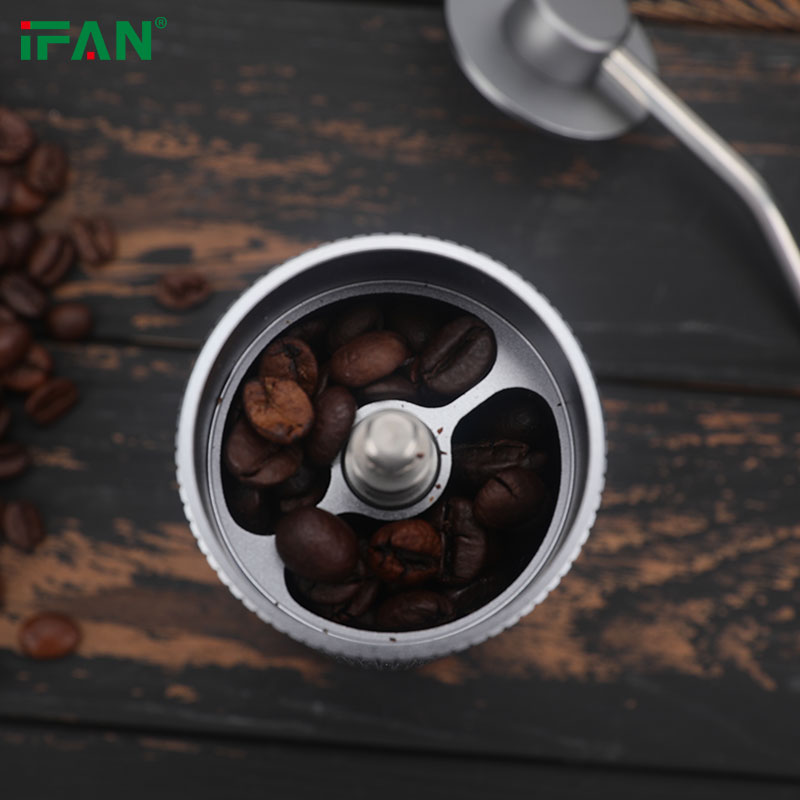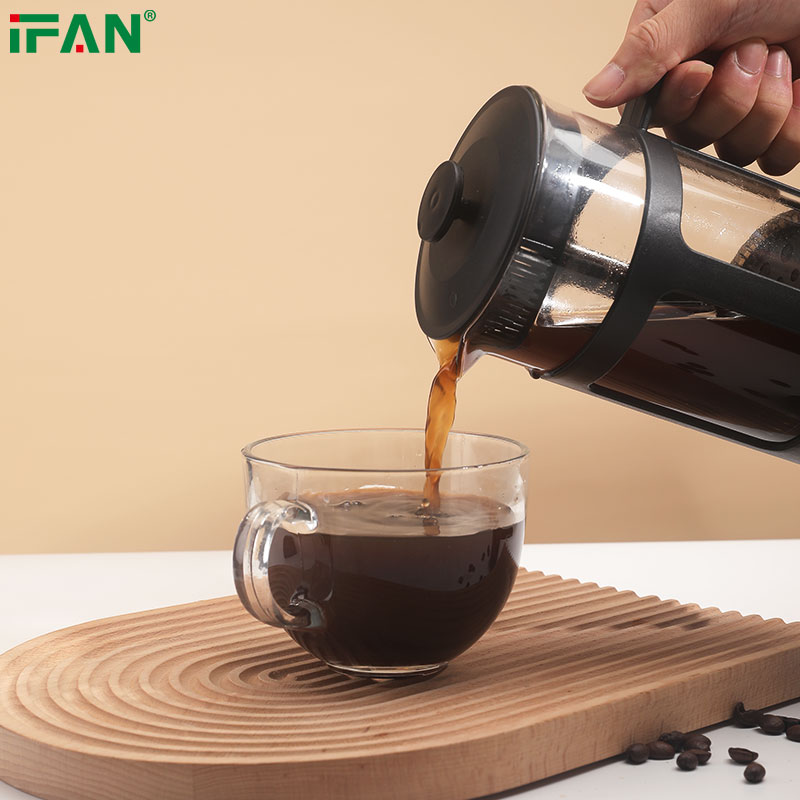What is the best coffee bean? Of course, the most suitable for their own is the best, with you to share some practical skills to buy coffee beans.
First, look at the packaging information and introduction
All the information about the coffee beans is on the label, and it is easier to find the coffee beans you want according to the product packaging information.
- Baking date
First, the roasting date is completely different from the “shelf life”, although it may feel like coffee can be stored for a long time, but this is not the case. Coffee that sits too long will lose its aroma.
When the beans are finished roasting, their chemical composition immediately begins to change. The coffee beans then begin to vent the carbon dioxide produced during roasting, a process known as degassing. When coffee beans begin to vent, the oil in the beans will begin to oxidize, which means that the flavor of the beans will begin to decrease. Coffee bean freshness is a subjective matter, but it is recommended to use coffee beans from four days to two weeks after roasting, but how the coffee is extracted will also affect this period.
For example, if you prefer to use it by hand, it is recommended to use it in the first week after roasting, as the sooner you use it, the better, because the flavor and aroma of the coffee are most perfect and complete at this time. But if you prefer to make espresso (coffee maker) then the beans can be “aged” a little longer, about seven to nine days before you start using them. If you keep it a little longer, it’s good for cold brew.
These are just a few suggested values, remember to experiment to find the best method for your taste.
Beginners, how to choose coffee beans? Learn these 4 shopping tips to find the right coffee beans for you!

- Baker
In first-tier cities with good luck and plenty of cafes, it’s easy to get to know someone who roasters coffee. To get to know them, to understand their philosophy and the way they bake beans, to increase interaction, not just the business of buying coffee, but also to build a social network, is very helpful for studying coffee.
Will indicate on the package label who the roaster is coffee beans, worth careful attention. Because it means that he cares about his “work” and has a much higher chance of getting good coffee.
- place of origin
Altitude, soil, rainfall, and sunlight all contribute to the final coffee bean’s taste, so where the bean was grown is an important indicator of how it will be tasted. Coffee plants thrive along the “coffee bean belt,” the area between the Tropic of Cancer. If your coffee bag or barista can’t tell you where the bag of coffee was grown, you may want to reconsider your choice.
Coffee is produced in more than 60 countries around the world, but you’ll be better off starting with a few well-known producing regions and getting to know their flavor characteristics before moving on to more exotic varieties. Countries like Hawaii, Brazil, Ethiopia, Kenya, etc., can first understand the characteristics of each producing region, to see what kind of flavor you prefer.
Between the extremely unique climate and processing technology, exploring coffee flavors by region is a great treat. Even if you already have one or two favorite appellations, it is advisable to occasionally skip out and try different appellations to discover something new.
Beginners, how to choose coffee beans? Learn these 4 shopping tips to find the right coffee beans for you!
- Fair trade
In the field of food labelling, fair trade is an amorphous description that means…… Well, that depends on who you ask. You may see a variety of Fair trade labels on the packaging of coffee and other products. If this is an important consideration for you, it’s a good idea to familiarize yourself with some of the more well-known labels and their meanings.
Does fair trade make good coffee? It’s really hard to say, but Fair trade means that coffee producers, their employees, and at least the living conditions are not being oppressed. What comes out of a good environment is usually not too bad. Those who are interested can research which fair trade is the best fit for your philosophy, and when you find it, it will be easier to choose.

- Organic certification
In fact, organic certification is a very complicated matter. Different organic certifications have different standards. Some organic certifications can only prove that farmers do not use chemical pesticides and fertilizers, but do not mean that there is no chemical residue. And like any other organic crop, organic coffee does not necessarily mean high quality.
- Shelf life
Coffee beans sold in supermarkets are usually labeled with a shelf life (date). If you want to buy fresh coffee, look for coffee beans that are willing to write the roast date, the storage life of coffee beans is at least one year, and do not buy coffee beans without a shelf life.







